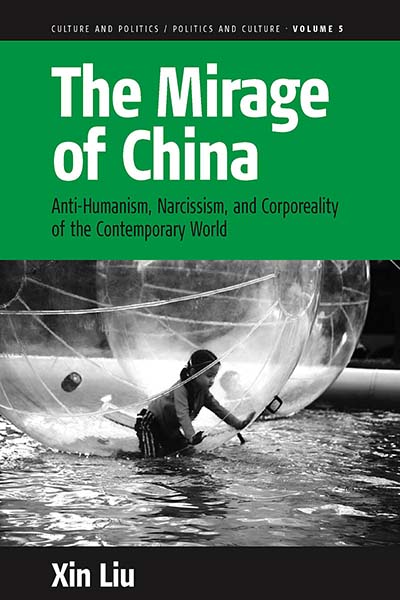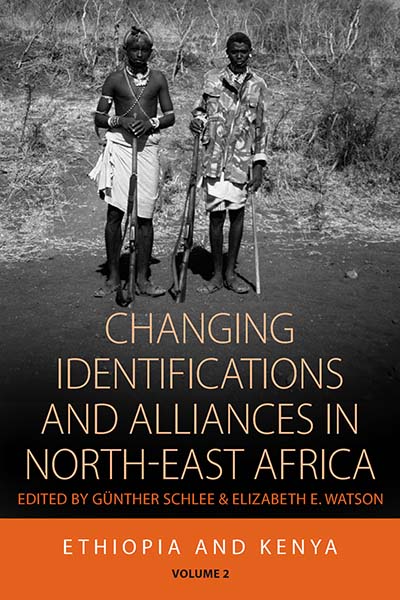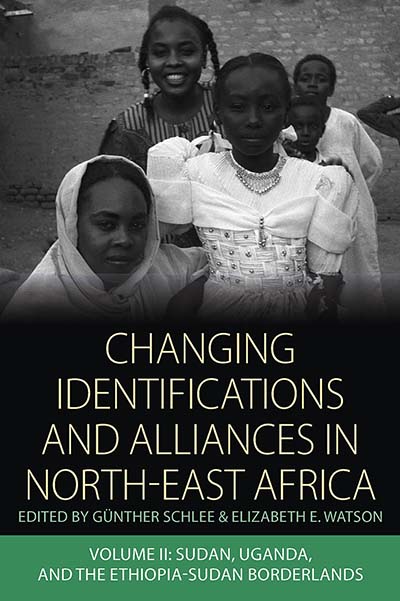
Series
Volume 5
Culture and Politics/Politics and Culture
See Related
Anthropology JournalsEmail Newsletters
Sign up for our email newsletters to get customized updates on new Berghahn publications.
The Mirage of China
Anti-Humanism, Narcissism, and Corporeality of the Contemporary World
Xin Liu
222 pages, bibliog., index
ISBN 978-1-84545-545-3 $135.00/£104.00 / Hb / Published (April 2009)
ISBN 978-0-85745-611-3 $34.95/£27.95 / Pb / Published (February 2012)
eISBN 978-1-80758-624-9 eBook
Reviews
“The book as a piece of writing is fluid and graceful. Liu's ethnographic accounts are indeed masterly--deftly weaving dialogue, observation, metaphor, and analysis in a way that would make many writers (of both fiction and nonfiction) sigh with envy. Liu juxtaposes characters and incidents in such a way as to subtly highlight the themes at hand, using humor, irony, and understatement to bring to life the world of ‘making up numbers.’ Liu effectively suggests that the rise of statistics and the objective mode are, like the rise of Maoism and the ideological mode, a phase in history that may or may not appear equally ridiculous in years to come. Can we see outside our own spot in history, Liu asks, and should we (and the people of China) give up dreaming and utopias merely because our current historical moment favors the narcissistic, corporeal statistic?” · H-Ideas
Description
Today’s world is one marked by the signs of digital capitalism and global capitalist expansion, and China is increasingly being integrated into this global system of production and consumption. As a result, China’s immediate material impact is now felt almost everywhere in the world; however, the significance and process of this integration is far from understood. This study shows how the a priori categories of statistical reasoning came to be re-born and re-lived in the People’s Republic - as essential conditions for the possibility of a new mode of knowledge and governance. From the ruins of the Maoist revolution China has risen through a mode of quantitative self-objectification.
As the author argues, an epistemological rift has separated the Maoist years from the present age of the People’s Republic, which appears on the global stage as a mirage. This study is an ethnographic investigation of concepts - of the conceptual forces that have produced and been produced by - two forms of knowledge, life, and governance. As the author shows, the world of China, contrary to the common view, is not the Chinese world; it is a symptomatic moment of our world at the present time.
Xin Liu is Professor of Anthropology at the University of California at Berkeley and Fellow of the Sociology Division, the E-Institutes of Shanghai Universities. He is the author of In One's Own Shadow (University of California Press, 2000) and The Otherness of Self (University of Michigan Press, 2002); and editor of New Reflections on Anthropological Studies of (greater) China (IEAS, UC Berkeley, 2004).




